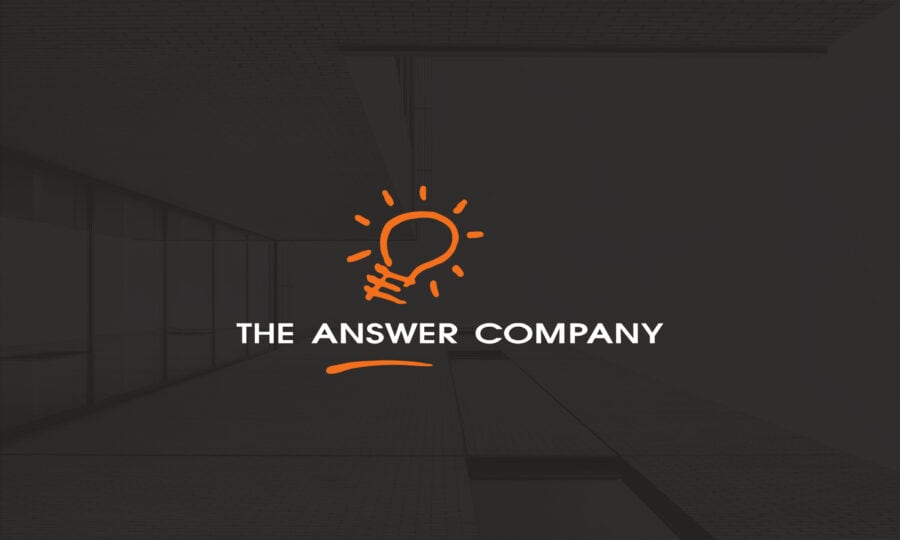Guest Blog: What will drive the future of ERP?
There are a lot of different factors and trends affecting the future of enterprise resource planning. Technological innovations have pushed the software headfirst into the future. First, smartphones and tablets influenced mobile business solutions that increased accessibility to places far beyond the shop floor. Then, cloud computing made data available in real time, and presented opportunities for growth without needing the hardware to do so. Combined, they have made even small businesses capable of competing against large corporations for market share and customer satisfaction. With this in mind, what does the future hold for ERP systems in the next 5 to 10 years?
Automatic for the people
One of the features that make ERP solutions so powerful for manufacturers is the amount of automation that is possible. However, for many employees, the systems look and feel archaic or too complex to understand. It’s often a cause for conflict among workers, requiring extensive training and organizational change management just to cover the concerns that many have.
However, as mobile devices have demonstrated, these platforms don’t necessarily have to be hard to understand, let alone use. If a vendor can port the ERP software onto a smartphone or tablet, that will make employees feel more comfortable with the software. As this transition to mobile continues, another factor will also take place over the course of the next few years that is influenced by these gadgets, according to Panorama Consulting. The shift is the “consumerization of IT.” Systems that were previously designed with the mindset of serving businesses are being slowly replaced with interfaces that are inspired by mobile operating systems such as Google Android and Apple iOS. With the apps that are being used in these situations, there will be a greater emphasis on keeping things as simple as possible for users.
This conceptual shift in ERP software design will be encouraged by new hardware that is expected to surface in the coming years. The leading development of wearable technology is already beginning to take shape. Industry Week cites the Google Glass eyeglasses and Apple Watch smartwatch as but two major steps in that direction. As those devices become more mainstream, it’s likely that ERP vendors will begin to develop modules, if not full-fledged apps, that are designed to work with them. The end result is that consumer-based and small business solutions will become harder to distinguish overall.
Never lacking context
While hardware and software will play a major role in the future of ERP, there’s little doubt that external forces will continue to influence the industry as well. Paradigms such as multichannel and omnichannel functionality are expected to begin influencing key components of ERP software. What this will induce is software that is aware of the context of any situation. Instead of feeding raw data managers and having them figure out what it means, a combination of context awareness and big data analytics will help them understand the situation in a way that works best for them.
What can come of this? ERP software will be dramatically altered. While there are a few vendors out there that offer complete customizability, their services are often expensive, leaving them available only to large enterprises. As context awareness takes hold, these systems will change so that, rather than have to customize every detail, the software suite will develop one app or solution at a time. This gives smaller companies much greater flexibility, enabled further by utilizing the cloud to its fullest extent in supplying programs. The end result is more agile businesses that can compete and adapt to changing market situations, making them more productive and profitable.
Originally published in the Sage ERP Blog.
